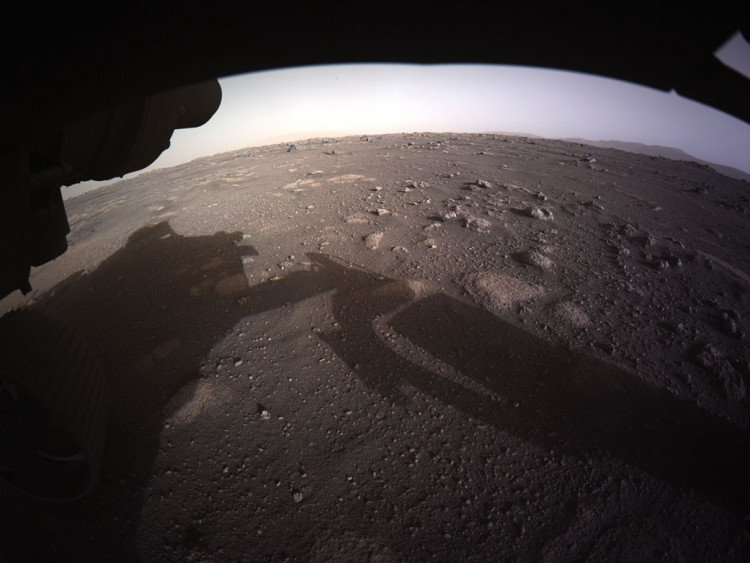Perseverance Mars rover has finally reached the remains of an ancient Red Planet river delta on the floor of the 28-mile-wide Jezero Crater, NASA announced Apr. 19.
Perseverance, which is looking for clues of fossilized Mars life, will find a "virtual geologic feast" in the delta, according to mission members. (First most promising rocks will be saved for a sample-return mission planned for later this decade by NASA and its European counterpart.)
The Mars Perseverance rover mission is part of NASA's Mars Exploration Program, a long-term initiative to explore the Red Planet robotically. It focuses on high-priority research goals for Mars exploration, such as important concerns about the possibility of life on Mars.
The delta, a vast fan-shaped collection of minerals and sediments on the western border of Jezero Crater, was formed billions of years ago at the meeting of a Martian river and a crater lake. As all of the fine-grained deposition of sediment at its base ages ago is the mission's best attempt for uncovering preserved traces of ancient microbial life, its exploration is at the forefront of the Perseverance science team's wish list.
During its first (Earth) year on Mars, the rover worked to the south and west of its landing site, but it recently returned to the delta by passing past the landing spot. Perseverance plans to spend the next week going to the southwest and west to discover how to best explore this section of the delta.
According to the JPL release, Perseverance data indicates that the delta deposits are roughly 130 feet (40 meters) above the crater bottom, and the researchers are contemplating two options. The favored approach, at least for the time being, appears to be through a location known as "Hawksbill Gap," as it appears to be shorter. However, "Cape Nukshak," a backup option, is accessible in case data in the following days proves it to be a safer path.
During the Delta Front navigation mission, the rover will spend around six months collecting eight samples. The plan then calls for Perseverance to return to the top of the delta, possibly opting for the backup option of sampling a previously unexplored region, and spend another six months on a "Delta Top Campaign."
Perseverance landed in Jezero Crater in February 2021, where mission scientists believe a lake and a river delta once existed billions of years ago. Such conditions should be favourable to bacteria, making the delta region an excellent place to look for signs of life on Mars.
Astrobiology, especially the search for traces of ancient microbial life, is a significant goal for Perseverance's mission on Mars.






